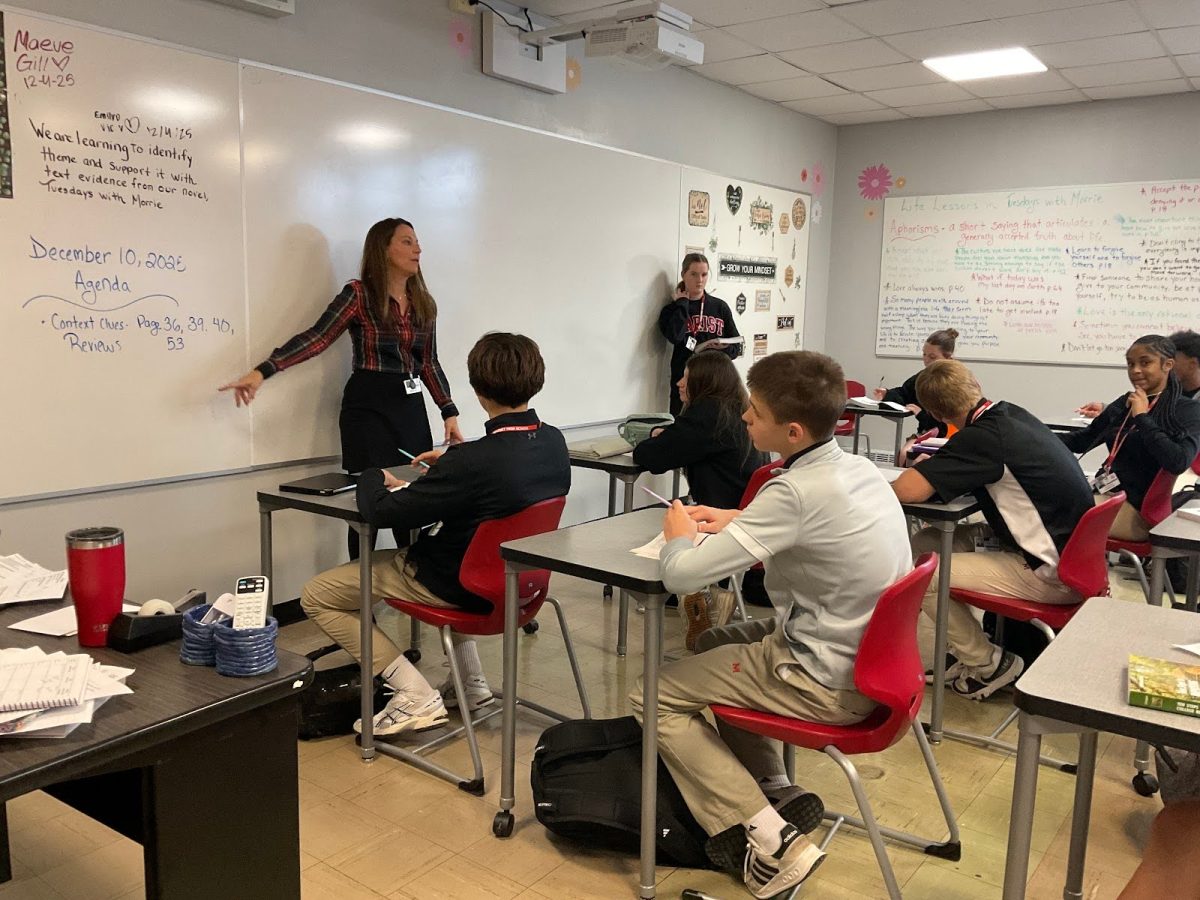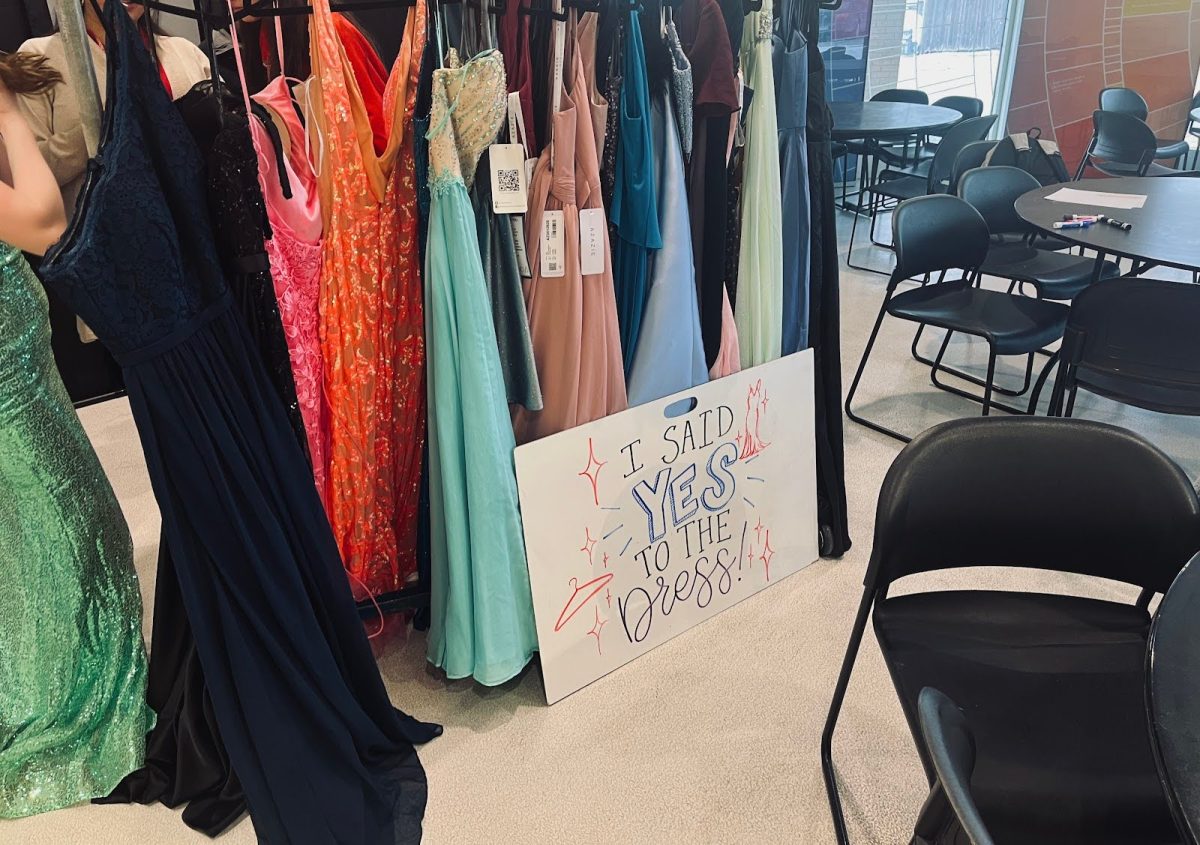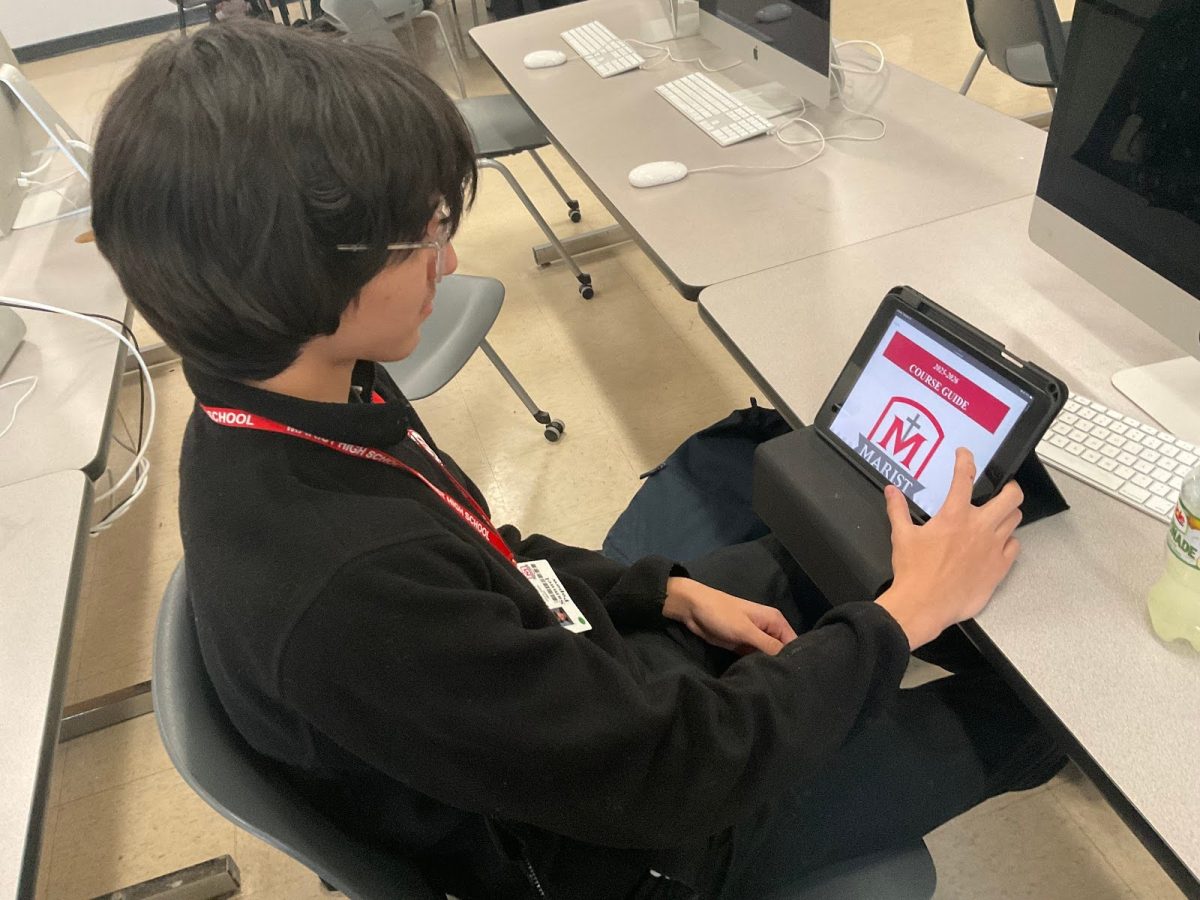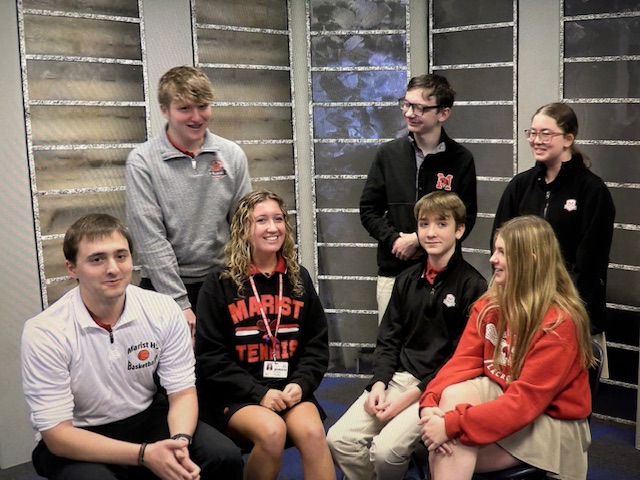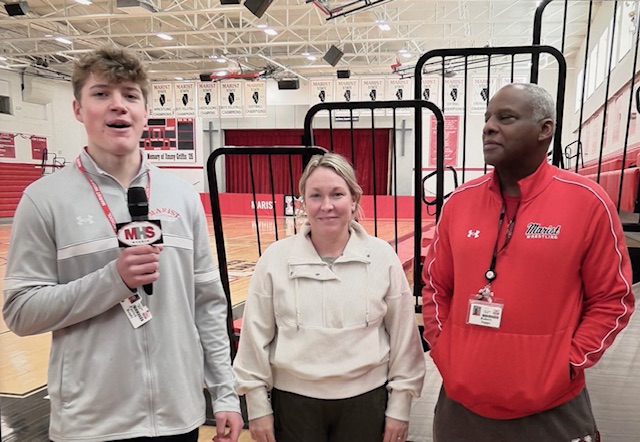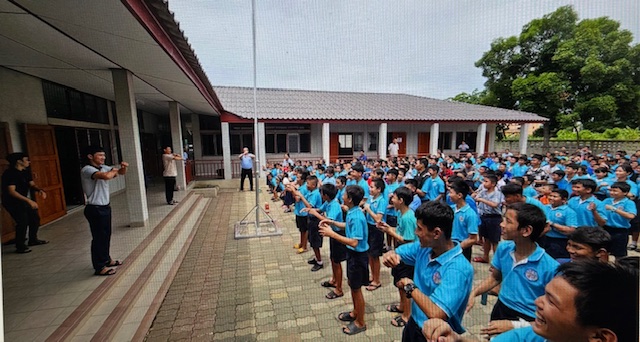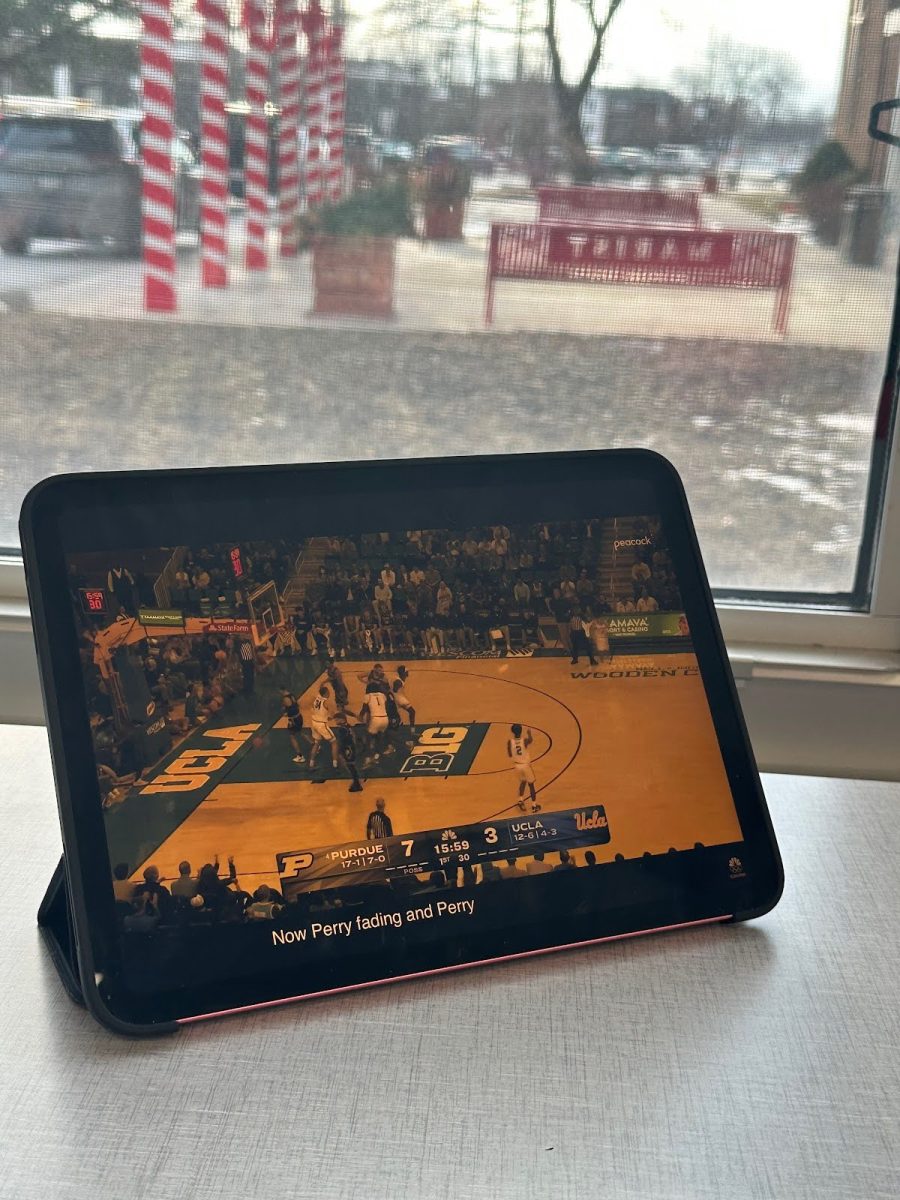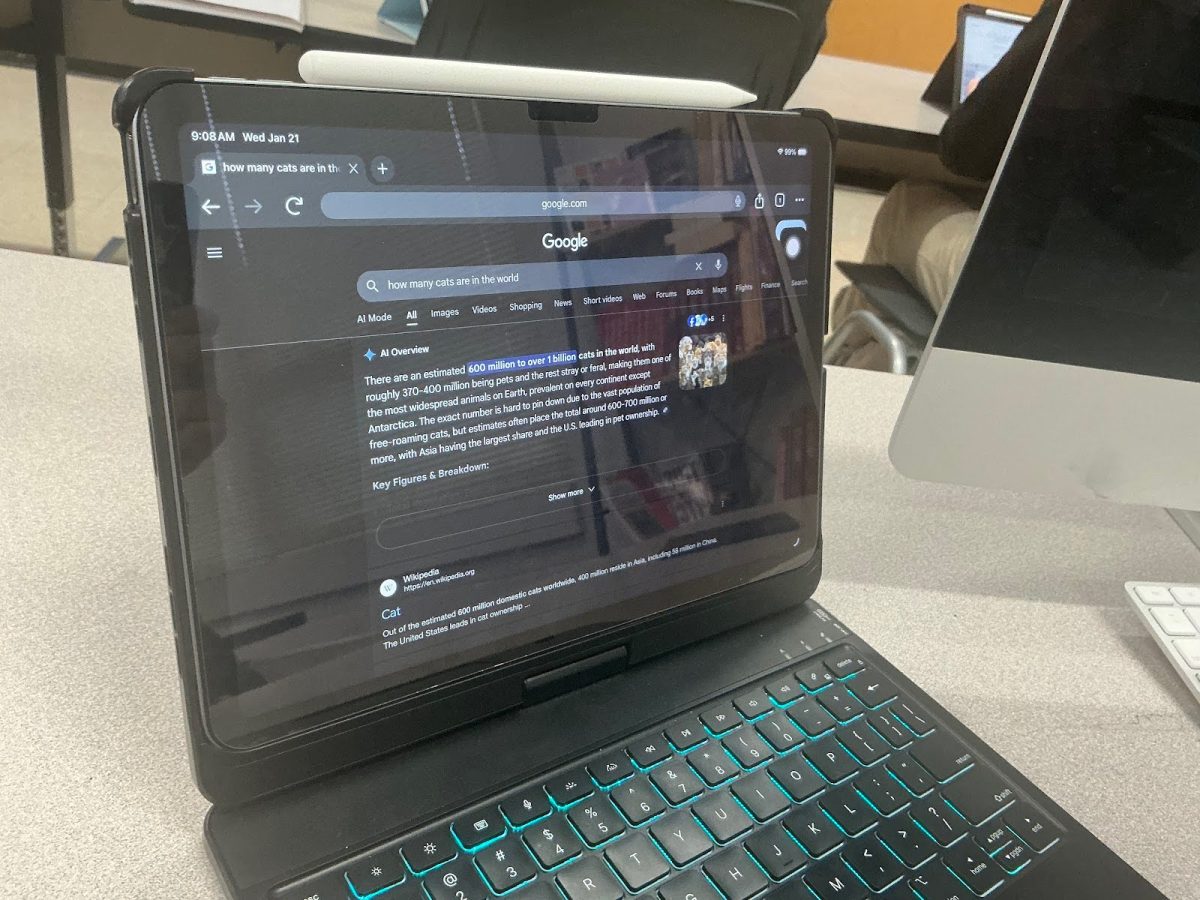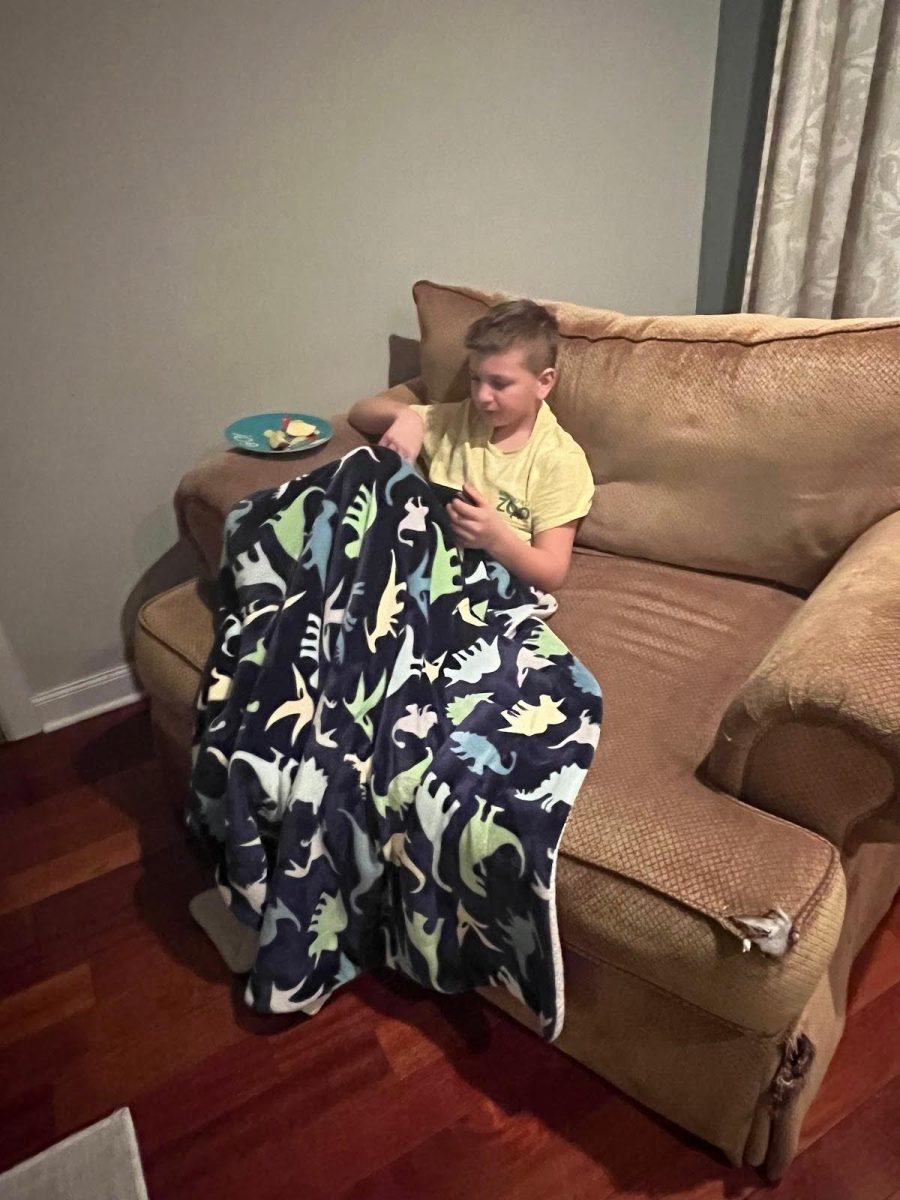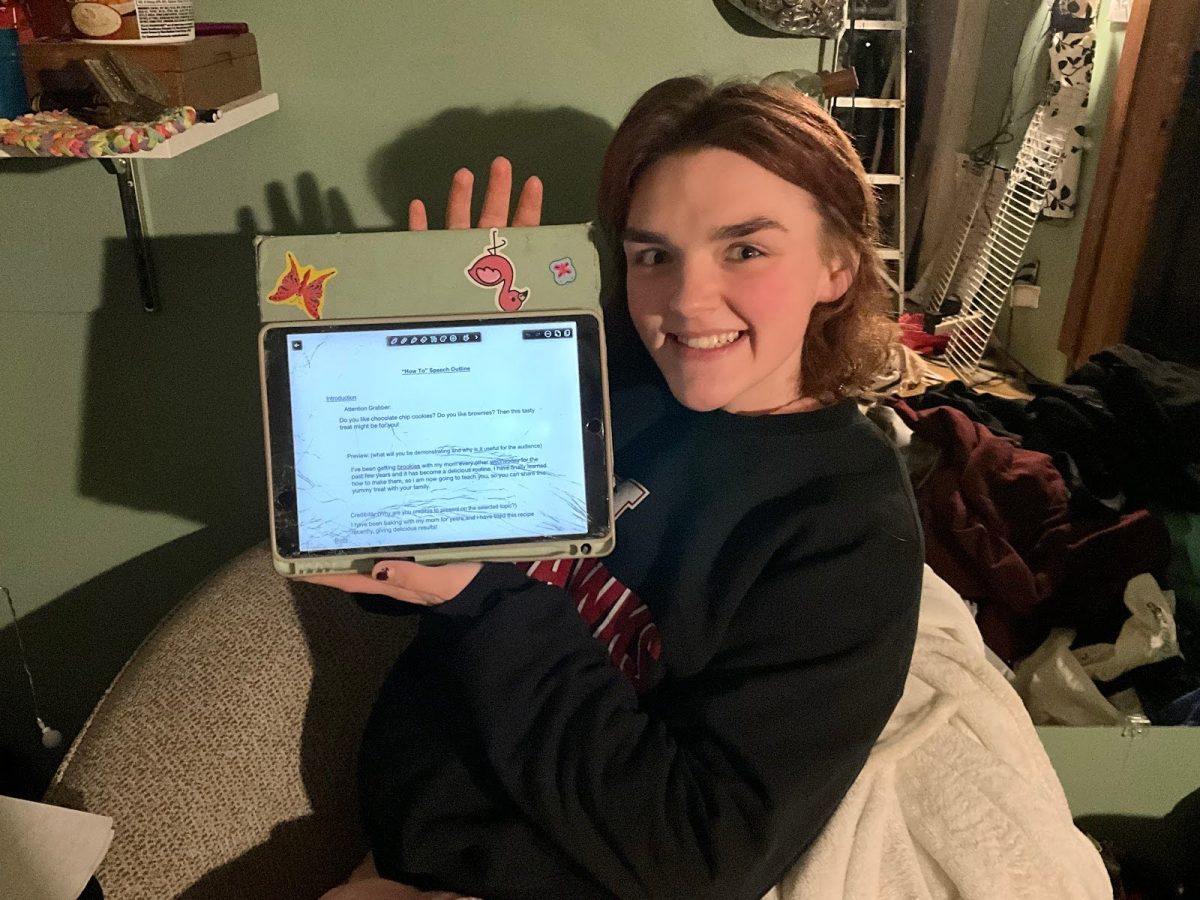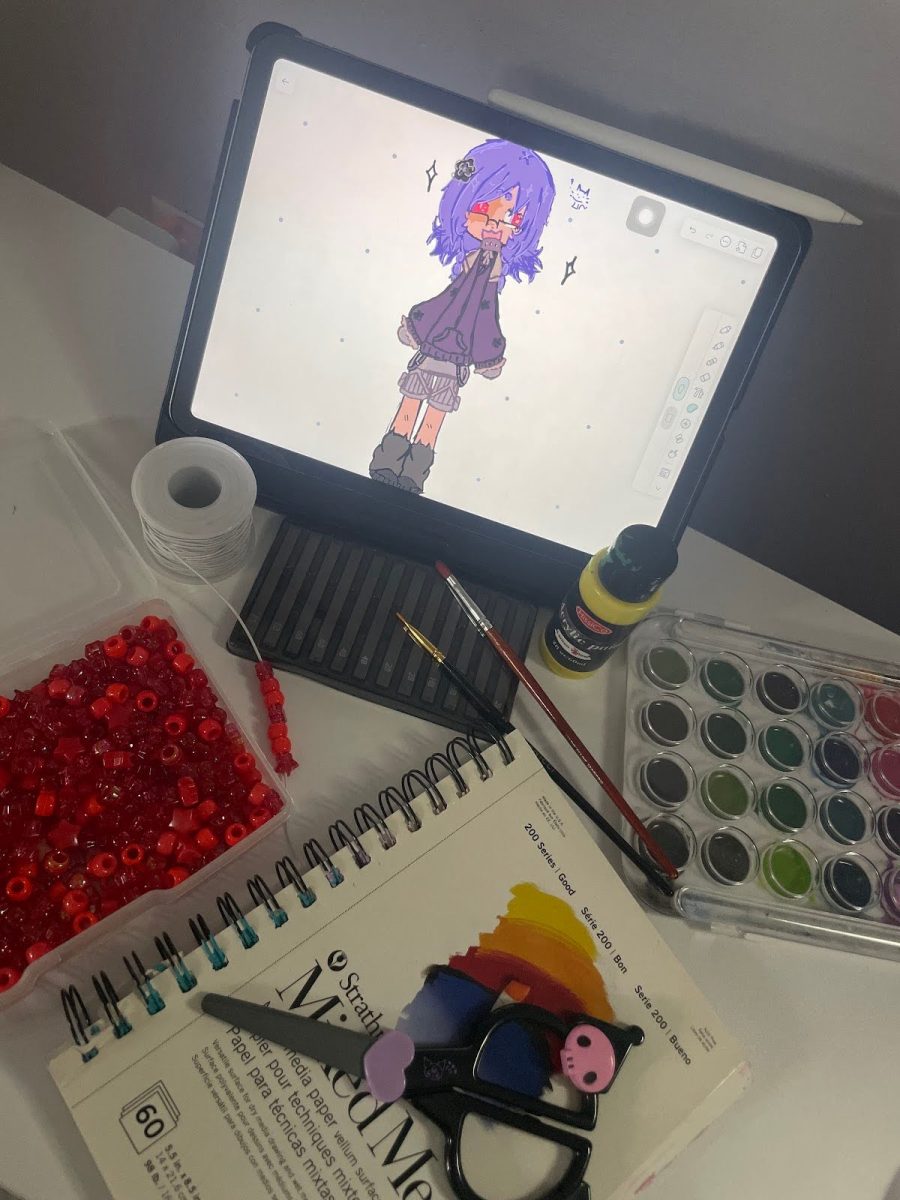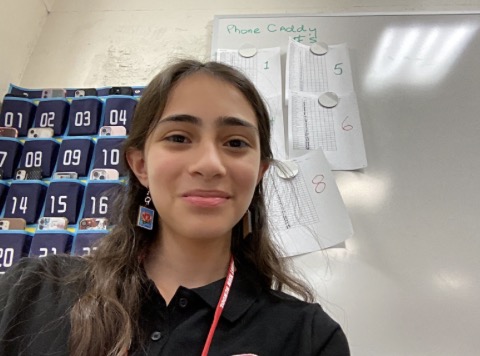Libraries have provided public access to knowledge for generations, but lately they are disappearing in favor of computers. Though, librarians argue this is a mistake.
“Any library, but especially school libraries, are vital to the success of a school community. In addition to just offering free and equal access, there are loads of studies proving that having a strong library program with a certified librarian increases a school’s testing scores,” says Kristen Rademaker, the Marist Librarian.
The Marist library, for example, provides a quiet space for students with accommodations to work during testing. There are also hundreds of books for students to choose from, and a variety of resources.
“I always go to the ARC after school to do my homework. It’s a nice, quiet place to get work done,” says Marist freshman Gabriella Garcia.
Students have free access to printers, books, and computers at Marist.
“Public libraries give communities equal free access. School libraries do that for all school kids, no matter what their economics or living situation is,” says Rademaker.
Additionally, libraries provide a place for students to meet safely.
“School libraries function in more ways than just a room of books. They are meeting rooms, classrooms, places to hang out, places to create, to test, to research, to print, to do group projects, to tutor, and to host events. A strong working library supports whatever that school needs daily and has moveable furniture and plenty of resources, including enough staff to teach and manage all the daily needs,” says Rademaker.
Many may argue that everything is already free online, although librarians dispute that claim.
“A lot of our annual published knowledge is actually not online or is online but must be paid for and is not available to everyone. This means that we still need a variety of sources like print books as well as online access from libraries. Public libraries give communities equal free access. School libraries do that for all school kids, no matter what their economics or living situation,” says Rademaker.
Rademaker argues that with just a little extra funding and resources, the Marist library can offer more to students.
“I hope to make the Marist library a much stronger program than it already is in future years by continuing to improve what I offer both in the classroom and within the library space; stronger materials, more events and programs, a more versatile space, and more structure for the research and news literacy curriculum,” says Rademaker.



